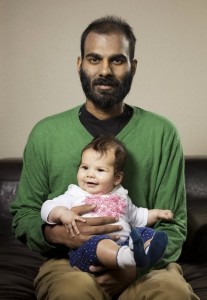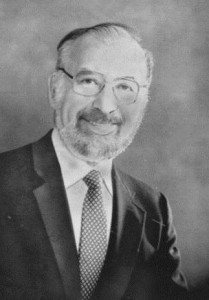The clock unrelentingly tells us the time. But what does it really mean? Time can have different meanings based on our situation. A neurosurgeon, Paul Kalanithi explains:
In residency, there’s a saying: The days are long, but the years are short. In neurosurgical training, the day usually began a little before 6 a.m., and lasted until the operating was done, which depended, in part, on how quick you were in the OR.
A resident’s surgical skill is judged by his technique and his speed. You can’t be sloppy and you can’t be slow. From your first wound closure onward, spend too much time being precise and the scrub tech will announce, “Looks like we’ve got a plastic surgeon on our hands!” Or say: “I get your strategy — by the time you finish sewing the top half of the wound, the bottom will have healed on its own. Half the work — smart!” A chief resident will advise a junior: “Learn to be fast now — you can learn to be good later.” Everyone’s eyes are always on the clock. For the patient’s sake: How long has the patient been under anesthesia? During long procedures, nerves can get damaged; muscles can break down, even causing kidney failure. For everyone else’s sake: What time are we getting out of here tonight?
There are two strategies to cutting the time short, like the tortoise and the hare. The hare moves as fast as possible, hands a blur, instruments clattering, falling to the floor; the skin slips open like a curtain, the skull flap is on the tray before the bone dust settles. But the opening might need to be expanded a centimeter here or there because it’s not optimally placed. The tortoise proceeds deliberately, with no wasted movements, measuring twice, cutting once. No step of the operation needs revisiting; everything proceeds in orderly fashion. If the hare makes too many minor missteps and has to keep adjusting, the tortoise wins. If the tortoise spends too much time planning each step, the hare wins.
Continue reading



